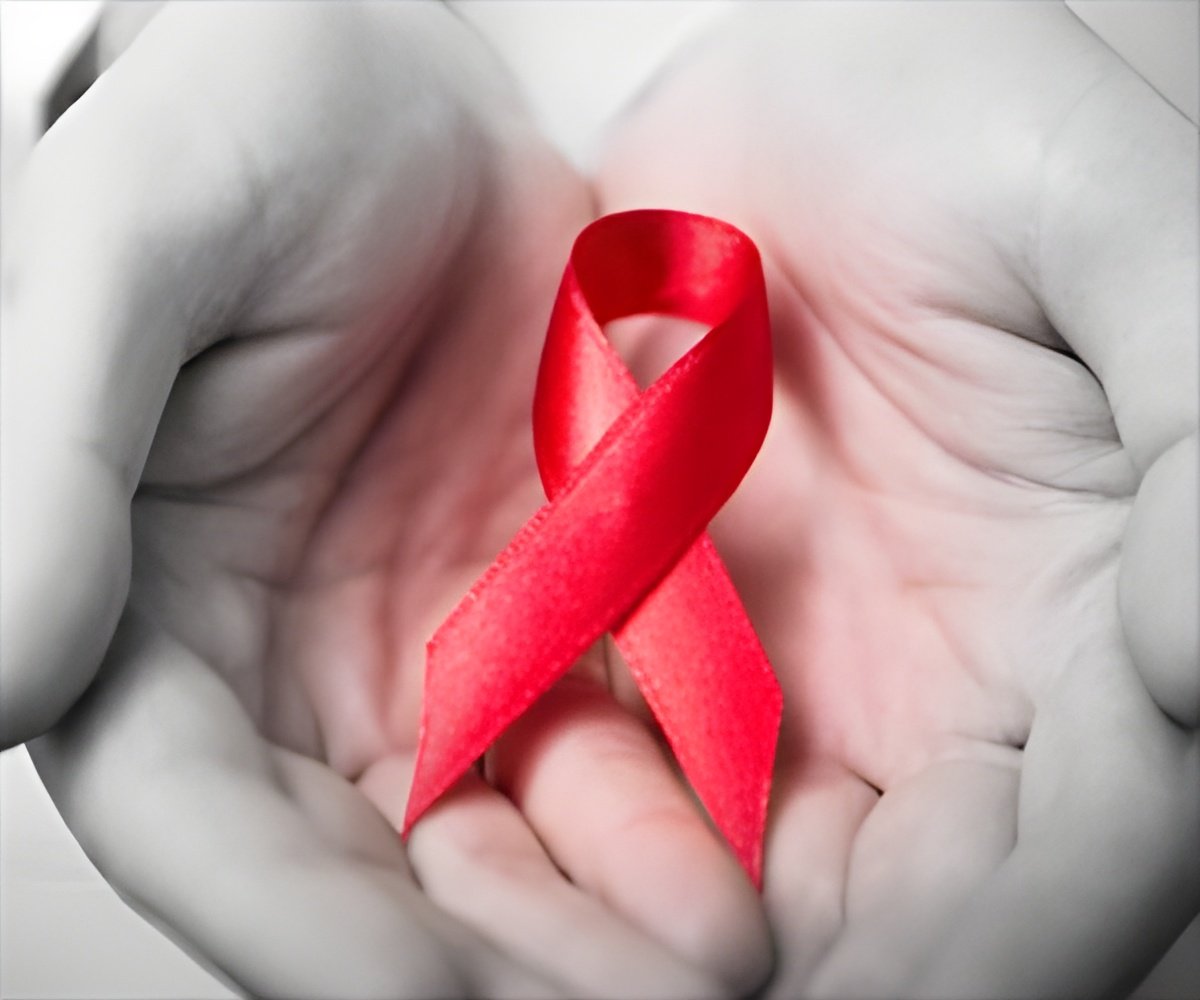Vesicles isolated from four strains of Lactobacillus bacteria interfere with the ability of HIV to infect cells, said researchers.

The researchers conducted a series of experiments showing that vesicles isolated from four strains of Lactobacillus bacteria interfere with the ability of HIV to infect cells. In one experiment, researchers added vesicles to cultures of immune cells known as T lymphocytes and infected the cultures with HIV. HIV infection in the treated cells was much lower than in the untreated cells. When the researchers increased the quantity of vesicles, a much smaller proportion of cells were infected.
Similarly, treatment with vesicles reduced HIV infection in human lymph and uterine cervix and vaginal tissues. The researchers found that bacterial vesicles suppressed the binding of viruses to the cell surface, an essential step before the virus can infect a cell. Further experiments showed that bacterial vesicles directly affect HIV rather than cells.
Source-Eurekalert















